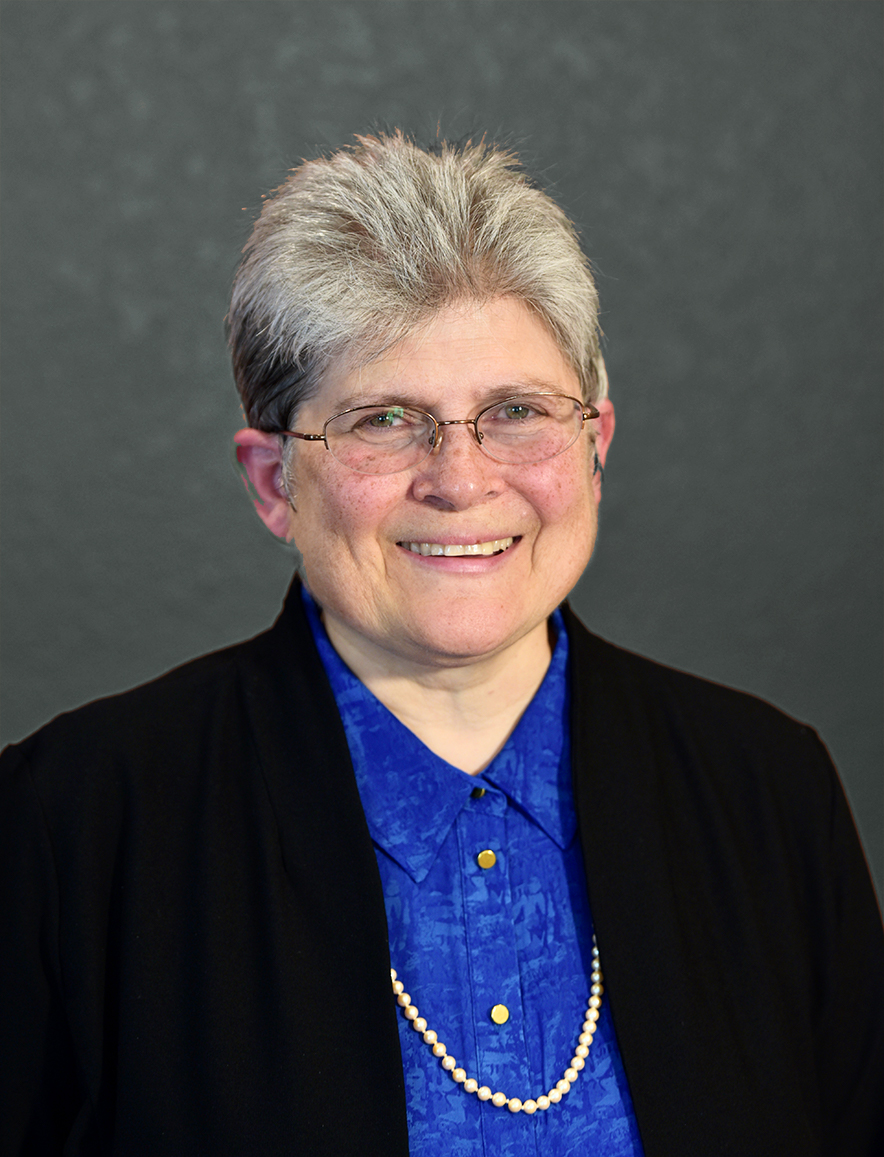- Details
- Written by Editor
- Category: People
An executive for twenty years with health care icon Johnson & Johnson, Elizabeth L. Bewley won the Chairman's Award for her unique and actionable strategic insights into the rapidly changing and volatile health care environment. A hallmark of her work is her ability to see underlying patterns that typically escape notice and to create significant and unique insights that resonate broadly.
This talent was evident early in her career in J&J.
For example, Ken Yale, former Chief of Staff, Special Assistant to the President, White House, wrote in 2004 regarding a white paper Bewley had authored in 1996, "From my perspective your report was both gripping and exciting. That is no exaggeration, as you concisely captured many of the problems faced by the health system, and made sound recommendations - many of which are just now making headlines. Judging from the insights and recommendations, you have an incredible sense of the issues, as well as solutions. Even more interesting is when you wrote it - eight years ago, before most of the senior health policy makers had understood or even focused on these issues!"
He continued, "Your patient-centric approach is right on point. Most people don't understand a truly patient-centric approach because their own perspective is narrow and it is difficult to see all parts of the process. You manage to capture and encapsulate some excellent ideas. [The true stories] were excellent and helped make your analyses and recommendations captivating."
He continued in a similar vein at some length, as have many other experts since.
Bewley was recruited to serve on industry task forces of the National Quality Forum which published three CEO Survival Guides for hospital CEOs on the topics of Personal Health Records (PHR), performance measurement, and Pay for Performance (P4P). She has been recruited as an advisor to national health policy conferences and has spoken by invitation at many such events.
Previously Vice President, Strategic Planning for a unit of Johnson & Johnson, she has also held leadership roles in operations, information management, and process improvement. She served on the management boards of two Johnson & Johnson business units and oversaw initiatives with budgets of up to $200 million.
Prior to embarking on her career with Johnson & Johnson, Bewley earned an MBA from the graduate business school at Columbia University, where she received numerous awards and honors, listed below.
- Dean's List all semesters
- Induction into the international business honor society, Beta Gamma Sigma
- Full fellowship her second year
(one of four recipients)
- Harriman Scholar (one of three students named)
- Benjamin Michaelson Scholarship Prize (sole recipient)
- Chemical Bank Award for Excellence in Service Operations (sole recipient)
- Business School Service Award (sole recipient)
Subsequently, she completed graduate work in health policy at City University of Seattle.
It is customary to define professionals by their education, accomplishments, and roles. That said, certain personal experiences and our reactions to them define who we are just as crucially. Bewley has had an unusually large number of encounters with the health care system, many of which succeeded in saving her life or preserving some essential capacity to carry on a normal life - while simultaneously veering dangerously and unnecessarily close to death or severe disability.
Many friends, relatives, and strangers she has interviewed report similarly harrowing experiences. Her typical reaction is to carefully analyze such examples to identify common opportunities for improvement - and to share her learnings with both professionals and recipients of care.
In addition to writing books about health care and about aging, from 2011 to 2016 Bewley wrote a weekly column for the Prescott, AZ Daily Courier. A reader comment indicative of the strong following her articles elicited was, "I give my newspaper to my neighbor [after I read it], but I always cut out your article first." Readers often asked how to get the entire series of articles (which ultimately numbered about two hundred fifty).

